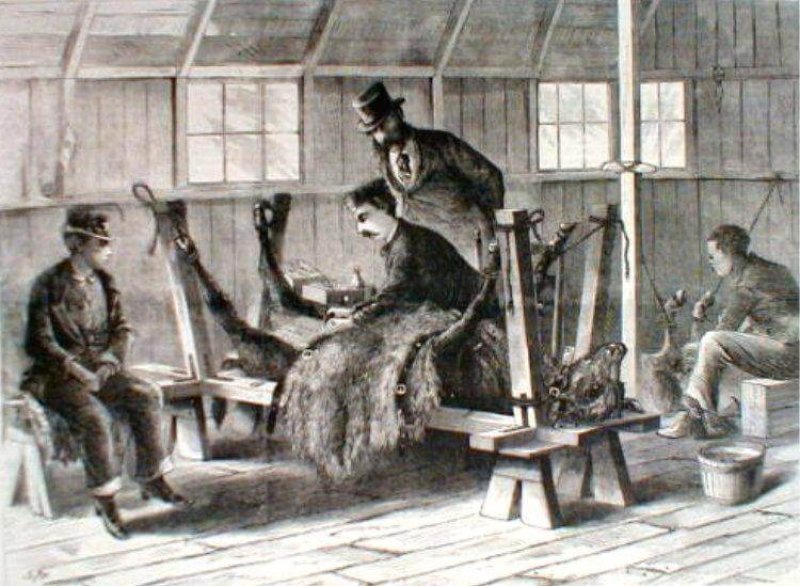Not only is there the potential for smallpox (or at the very least, something very similar) to resurge, but unbeknownst to most, the very origins of this revolutionary vaccine are in question. For decades, scientists have thought the legend of cowpox as the savior—first, of James Phipps, then, of the world—may very well be wrong. That cryptic crack in medical history could leave humanity vulnerable to a future outbreak—however unlikely it may be.
…
[W]hen [physician Edward] Jenner’s “vaccine” (really just [cow] pus teeming with virus) hit the scene, it literally went viral. By 1813, it was widely accessible in Europe, Asia and the Americas.…
[However when researcher Allan] Downie compared the viral contents of a smallpox vaccine, still known to this day as a lineage called “vaccinia virus,” to a sample of cowpox isolated directly from cattle, he was surprised to find that they were different.…
The two samples were divergent enough that it seemed highly improbable that vaccinia, the current smallpox vaccine, was descended from cowpox. This left Downie and his colleagues with an unsettling question: What on earth had they been injecting into the arms of millions of people for the past 150 years?
Sleuthing through historical records led some scientists to speculate that another virus called horsepox, known to infect both horses and cows, may have been vaccinia virus’ ancestor.
Read full, original post: The Mysterious Origins of the Smallpox Vaccine































